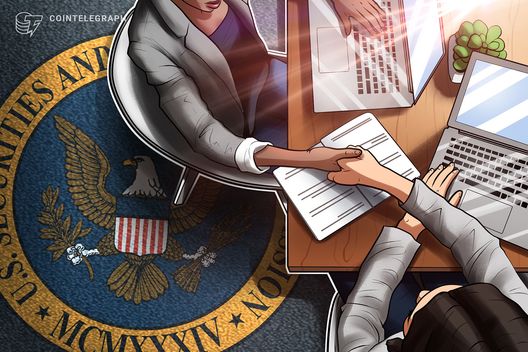
Key Points
For months, income-driven repayment processing has been a source of frustration for student loan borrowers. In August, the Department of Education reported (PDF File) that it processed 305,641 IDR applications. That figure marks one of the best months since courts required public updates earlier this year.
The backlog now stands at 1,076,266, down significantly from nearly 2 million in the spring. For borrowers, this means faster processing of applications that determine monthly payment amounts and eligibility for long-term student loan forgiveness.
PSLF buyback processing also saw it's best month yet, with 5,400 PSLF buyback requests processed. However, the backlog of buyback requests still grew, highlighting that progress on this front is slow.
The improved processing signals that the Department may be allocating more resources to address longstanding delays. Still, over a million cases remain undecided, and how quickly the agency can sustain this pace remains a pressing question, especially as new repayment programs such as the Repayment Assistance Plan (RAP) are set to launch in 2026.
Would you like to save this?
IDR Processing Backlog
The Department of Education had it's best month of 2025 when it came to processing income-driven repayment plan requests. The Department reported that it processed 305,641 requests. The Department also reported that the backlog of requests dropped to 1,076,266.
While those are both good signs, some of the numbers may be misleading. For example, the number of outstanding requests likely includes a large number of applications that will never be processed - specifically for borrowers who selected the SAVE repayment plan or "choose the lowest repayment plan option". Both of those options were blocked by the court, and the Department has said they will be deleting those applications from the processing queue.
Month | April | May | June | July | August |
Processed | 79,349 | 285,694 | 186,731 | 304,844 | 305,641 |
Backlog | 1,985,726 | 1,582,641 | 1,511,504 | 1,386,406 | 1,076,266 |
PSLF Buyback Improvements
Public Service Loan Forgiveness has long carried a reputation for red tape, and the PSLF buyback program is no exception. Borrowers can use the buyback program to retroactively "buy back" payments that could have been made during forbearance.
In August, 5,600 buyback cases were processed, the highest monthly total to date. That marks an improvement over July’s 3,280 completions and reflects steady growth since the spring.
Yet the backlog remains daunting: more than 74,000 cases are pending. Many borrowers still report waiting nearly a year for a decision, far longer than the program was designed to handle.
Since buyback cases are managed by a small, specialized team, it limits how many applications can be cleared each month. At the current rate of processing, it would take more than 13 months to clear the backlog.
Month | April | May | June | July | August |
Processed | 1,472 | 3,312 | 2,224 | 3,280 | 5,600 |
Backlog | 49,318 | 58,716 | 65,448 | 72,730 | 74,510 |
What Comes Next?
The mixed picture leaves borrowers balancing cautious optimism with lingering concerns. For those applying to IDR plans, the shorter queue suggests they may not face the same long waits as in the past. In talking with borrowers, the fastest applications being processed are those that are linking their data to the IRS Data Retrieval Tool, and ensuring that all options are selected for accessing a spouse's income.
Especially now, as repayment plan options for borrowers are clear, decisions can be made.
For PSLF participants, patience remains necessary. Teachers, nurses, and other public service employees close to forgiveness may find themselves stuck waiting for buyback credits to post, despite documented eligibility. While processing speed is improving, the queue is still long enough that some borrowers could remain in limbo well into 2026.
It's one of the big reasons we recommend many borrowers approaching PSLF forgiveness may be better served NOT going for buyback, but rather simply resuming payments.
The latest report shows some gains in application processing, but the broader system remains under strain. Staff reductions at the Department of Education raise questions about whether these improvements can continue. At the same time, the transition away from the SAVE plan toward IBR and the upcoming RAP plan will create new administrative burdens.
Don't Miss These Other Stories:
Editor: Colin Graves
The post Student Loan IDR Backlog Drops Below 1.1 Million appeared first on The College Investor.


 3 hours ago
3
3 hours ago
3 










 Bengali (Bangladesh) ·
Bengali (Bangladesh) ·  English (United States) ·
English (United States) ·